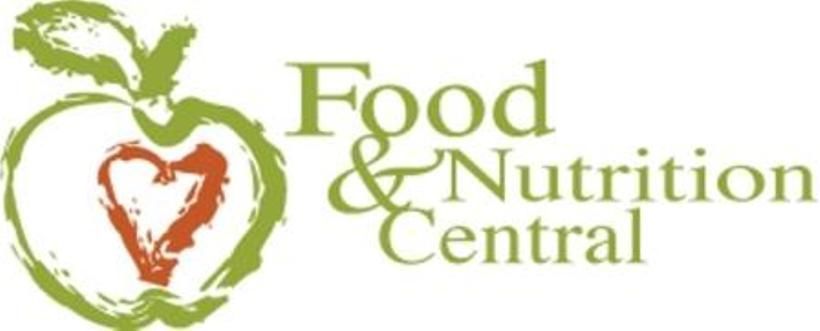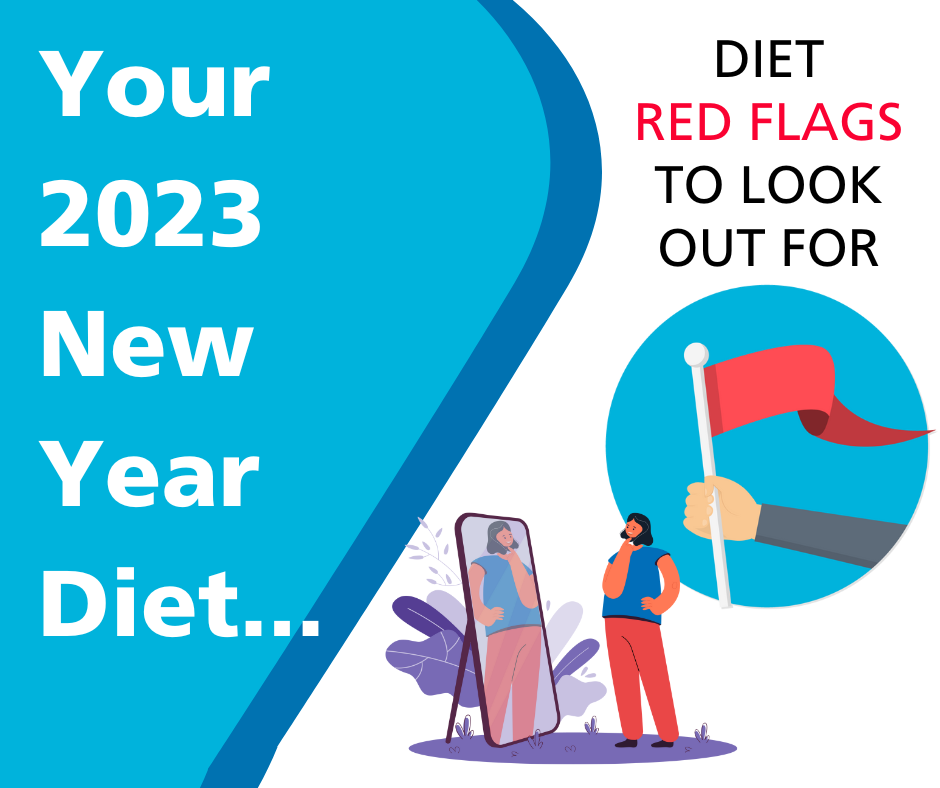Managing cholesterol through diet and lifestyle
Managing cholesterol

When I first qualified as a dietitian, I would often have referrals for individuals with raised cholesterol and I have always loved being able to help someone reduce their cholesterol through diet and lifestyle. At the risk of demonstrating how long ago that is, the introductions of statins really took off as a significant and positive impact in managing cholesterol, and dietary referrals reduced, in part because of how well statins work and also the clinical demands on dietetic services and limited number of dietitians to cope with everyone who had raised cholesterol was not possible.
Let's fast forward a bit then. These days, we know even more about how important and significant dietary changes can be to help manage cholesterol. There has also been lots of research looking at how different foods can help support heart health. This is an area I am really passionate about and due to having family history of heart disease, I have to manage my own cholesterol through dietary changes.
The sciencey bit:
What is cholesterol? Cholesterol is a fatty substance found in the blood. It is naturally produced in the liver, and we do need some cholesterol and it is used to make some hormones, vitamin D and is an important part of cell structure. Cholesterol is carried around the body by 2 main carriers (HDL and LDL). HDL is the healthier one as it collects cholesterol in the blood and takes it back to the liver where we get rid of excess. LDL is the less healthy carrier as carries cholesterol to the cells but on the way will often deposit some of the cholesterol in our arteries. When cholesterol is deposited in our arteries it makes them narrower meaning it is harder for the blood to get through and can sometimes cause complete blockages (leading to a heart attack or stroke).
We know that too much cholesterol (and too high LDL) is a risk factor for heart disease and stroke.
Reducing our circulating blood cholesterol levels will significantly reduce the risk of heart disease and stroke.
Reducing saturated fats will help to reduce cholesterol.
So here are some of the key changes that you can consider:
❤️Swap saturated fats for healthier fats such as rapeseed oil, olive oils, oily fish, nuts and seeds, avocado
❤️Reduce foods such as pies, pastry and biscuits which are high in fat and tend to use saturated fats.
❤️Include wholegrains (source of fibre) such as brown rice, quinoa, porridge.
❤️Choose beans, pulses and lentils, these contain a fibre that is helpful in reducing cholesterol. They also provide plant based proteins so can help reduce animal based protein sources.
❤️Including plenty of fruit and vegetables (a source of important antioxidants and fibre)
❤️Have you heard of Beta Glucan?
❤️Oats and barley contain a substance called beta glucan which can help by “mopping up” cholesterol and reducing its absorption
3g oat beta glucan has been scientifically proven to reduce LDL cholesterol by up to 5% (Othman 2011).
Examples could be:
30g porridge oats, 1 oat breakfast cereal biscuit or 30g oat based cereal or 3 oatcakes
So choose porridge or overnight oats for breakfast and have some oatcakes At lunch with some soup is a great way to incorporate. Add barley to soups or swap risotto rice for barley.
❤️Did you know that the humble soya bean can help?
❤️Consuming 15-25g soya protein daily has been shown in studies to lower LDL-cholesterol by 4.3-10%
It partly acts by down regulating LL C synthesis but also having more soya protein means having less higher saturated fat protein foods.
❤️Why not get nutty?
❤️Just a handful of unsalted nuts (30g) have been shown to reduce cholesterol by up to 7.5%.
Nuts also contain lost of healthy nutrients that help reduce coronary artery disease risk, such as monounsaturated fats, minerals,
Try walnuts, almonds, pistachio or whatever is your favourite! Swapping a pack of crisp for some nuts is a great start.
❤️Now for a clever little ingredient called plant stanols (also plant sterols)
These are naturally occurring compounds found in small amounts in some plants, it is difficult to get sufficient naturally, but you can get them in some commercially available fortified drinks or foods called Plant Stanols and Plant Sterols.
1.5-2.4g a day has been shown to help reduce cholesterol.
These should only be used by people needing to reduce cholesterol and should not exceed 3g/day.
There are special spread, yogurts and milks as well as fortified mini yogurt drink bottles containing a daily dose and these are best taken with a main meal
❤️A quick word on exercise
Exercise is another part of the jigsaw. Of course it helps in managing weight and helps us feel good.
Exercise also helps improve blood flow and can help by increasing the elasticity of blood vessels so is good for our blood pressure.
When it comes to cholesterol, exercise has been shown to help increase the "good" HDL cholesterol levels (the ones that take cholesterol off to the liver where it is removed!
I hope this blog helps you with managing your cholesterol. The British Dietetic Food Facts also provide some helpful evidence based advice sheets. It is also worth checking out the British Heart Foundation and Heart UK for more information and in particular check out the CholesterolSmart the Heart UK new plan ©️









